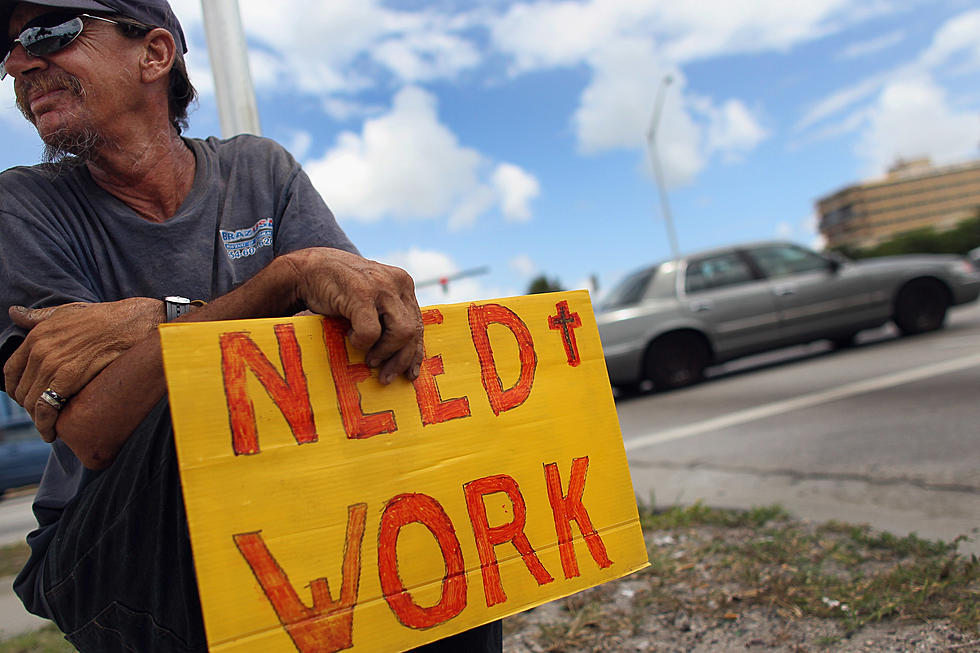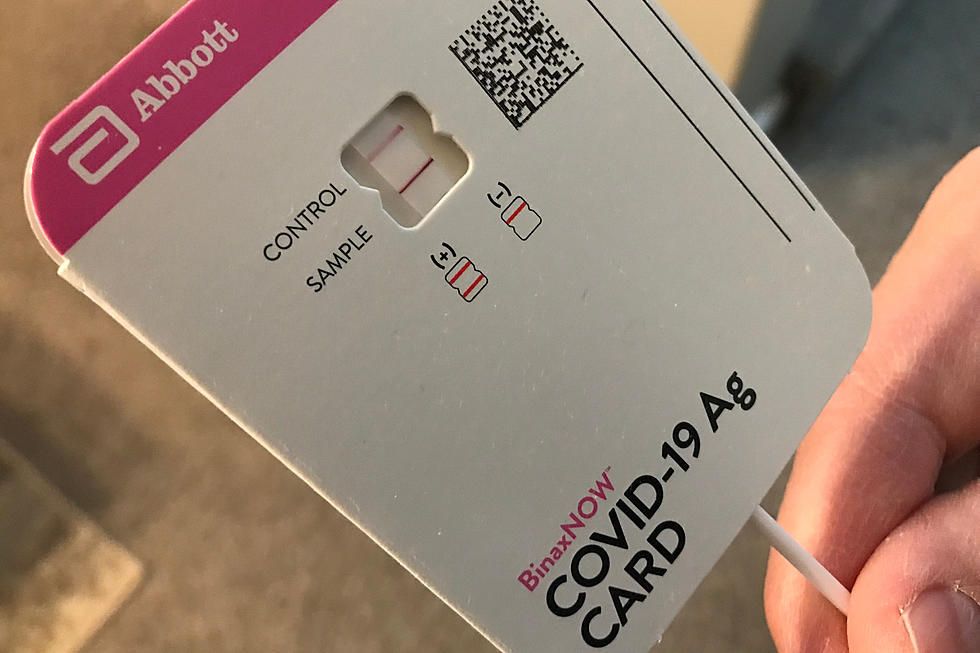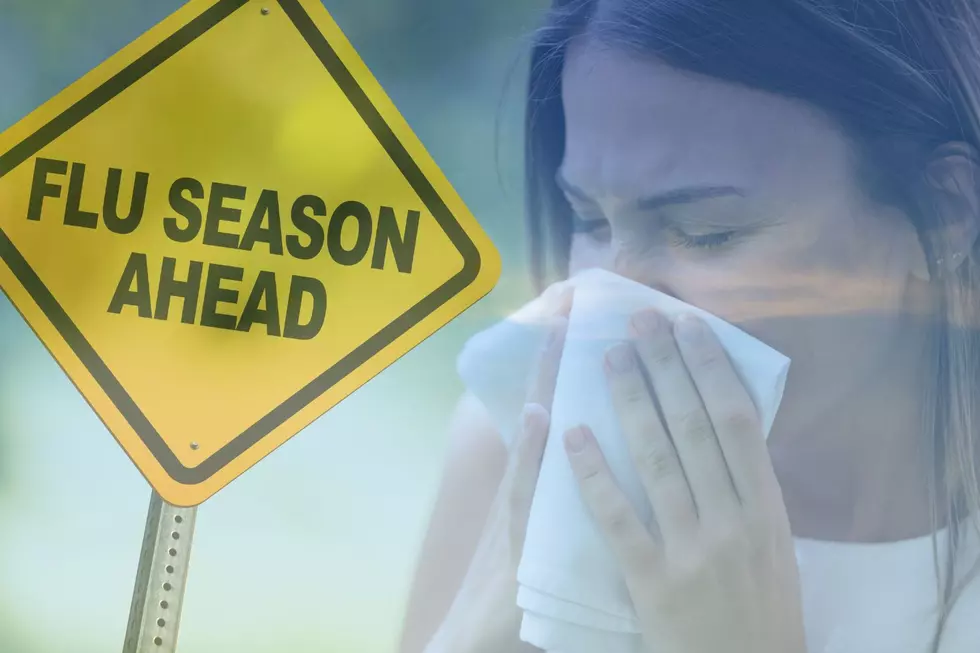
Pandemic Unemployment Benefits End in Wyoming
On June 19, Wyoming officially ended federal unemployment benefits the state had been giving out from the CARES Act, and the Continued Assistance to Unemployed Workers Act of 2020.

When governor Mark Gordon announced the decision in May, he said it would be done as a way to get people back to work, as he felt people were not seeking jobs because of the money given to them by the government.
While there is some evidence that increased unemployment is caused by increases in government aid, there are also studies reaching the opposite conclusion, that increasing assistance decreases unemployment.
Robin Cooley, director for the Wyoming Department of Workforce Services, said with the state opening back up, ending the federal benefits is key towards restarting the Wyoming economy.
"We've got summer tourism season that we need employees for, and this kind of recognized that, in not waiting till September. We need employees out there on jobs for the summer tourism season. I think there was a lot of that that factored into that calculus."
From March 2020 to June 2021, Cooley said the state gave out over $545 million in unemployment benefits to workers in Wyoming, which she said may have been a part of what influenced some companies to increase how much they paid workers, like a business in Cody offering $1,000 for people to stay during the summer.
"I think [the shortage of job applicants] encouraged that type of consideration for a lot of employers out there to increase their wages, increase their pay, in order to attract some of the employees out there. It might have that effect."
Cooley said the state saw a dramatic decrease in people using unemployment benefits from May to June, and that the federal benefits are ending because of the overwhelming number of job openings and the state's low unemployment rate, which is currently under the national average.
Tammy Johnson, the Executive Secretary of the Wyoming AFL-CIO, said the extra benefits, an extra $300 a month and expanding eligibility to gig workers, helped employees in Wyoming, especially considering how much money it takes to live in state, based on a study by the legislature.
"To live sustainably in Wyoming, a single parent with two kids needs to make $22 an hour, to pay rent, pay for a car, pay for insurance, pay for food, and pay for childcare. Nothing to save and nothing to plan for the future, and that's to keep them off federal subsidies...I'm at a loss for why the governor would do this to the good people of Wyoming, who need to be able to feed their kids."
Johnson said if the state wants people to go back to work, businesses should pay people more and give them more hours, rather than rely on benefits being rescinded.
"If you want workers to come work for you, you've got to pay them, and you've got to give them hours, you can't say you can work four hours a day and think they're gonna want that job. They have to give them full time work that's well paid, just like other people expect. I don't see the critics of people not going to work out applying for jobs. I don't think governor Gordon's got his name in at Target for a job."
On the legislative side, Johnson said there is more the state government could be doing to help workers in Wyoming, from raising the minimum wage up from the federal minimum of $7.25, to requiring businesses to provide full time structured work schedules, and having jobs include the wages and hours of the positions their offering.
In April, Wyoming, like many other states, also reinstated a work search requirement to people applying for unemployment benefits, something that had been suspended during the pandemic.
Top 10 Places to Get a Burrito in Casper According to Yelp
More From KGAB









